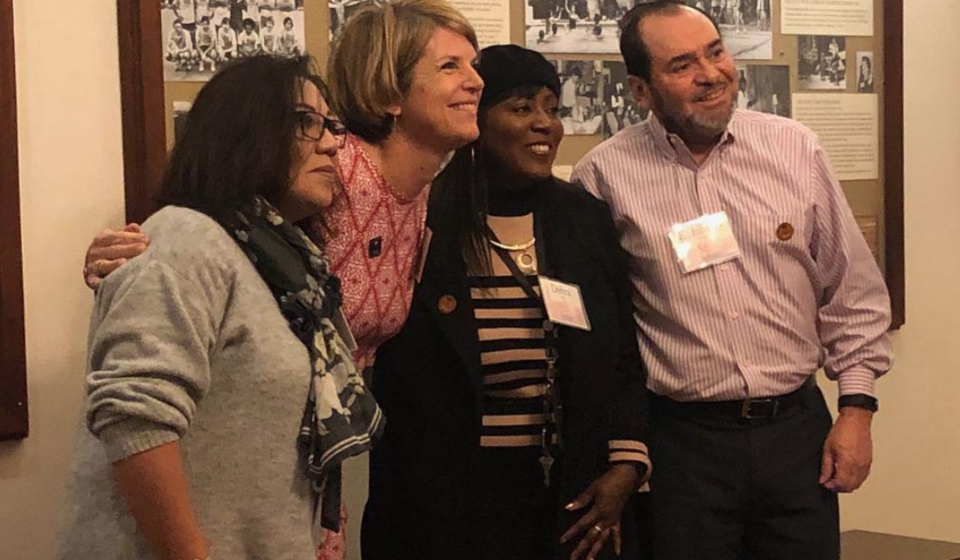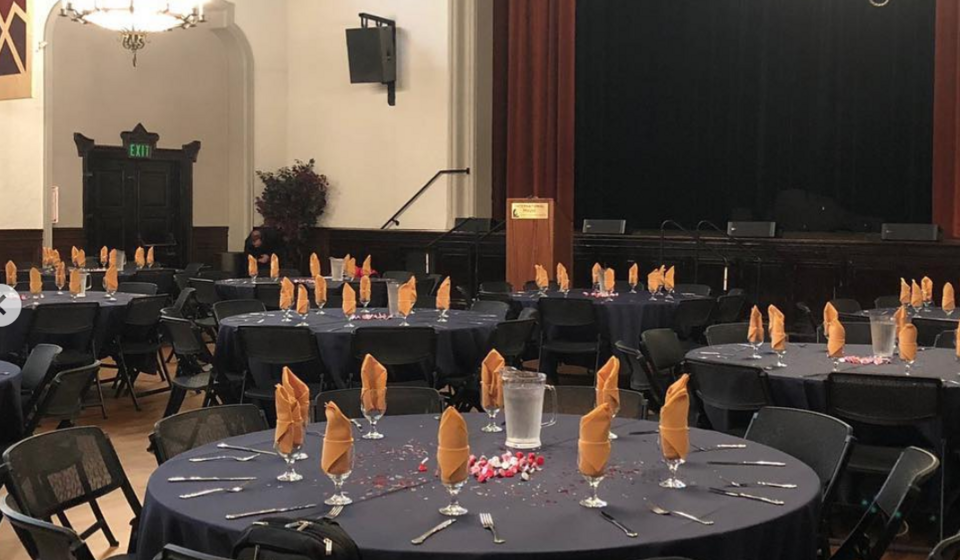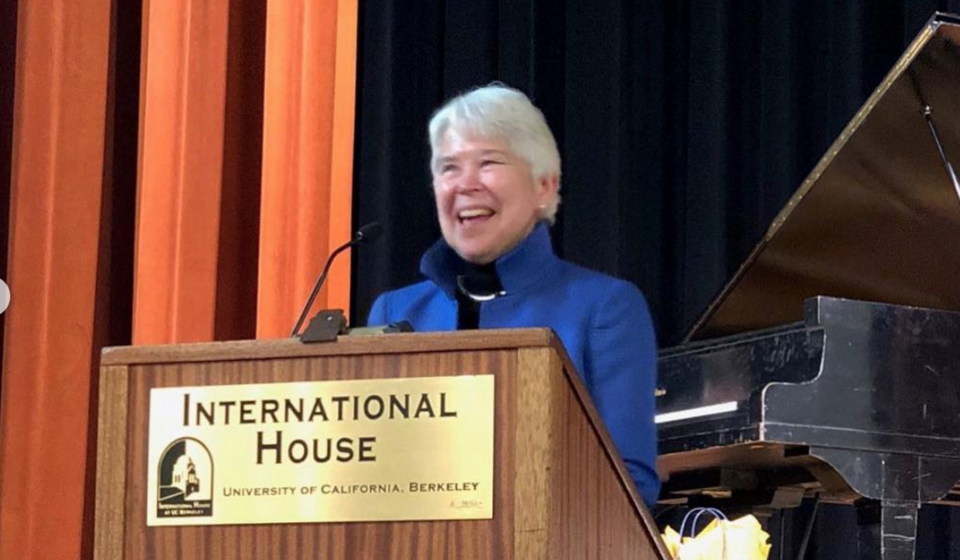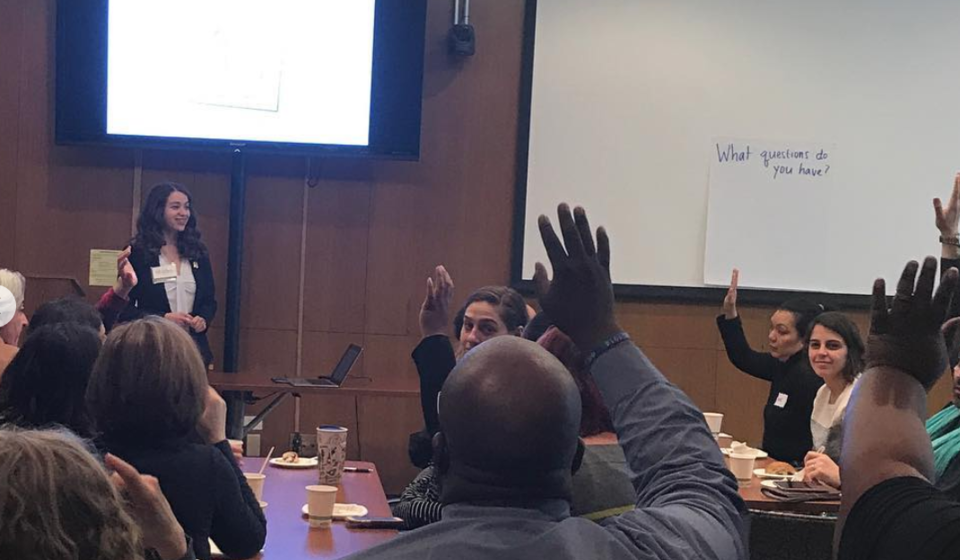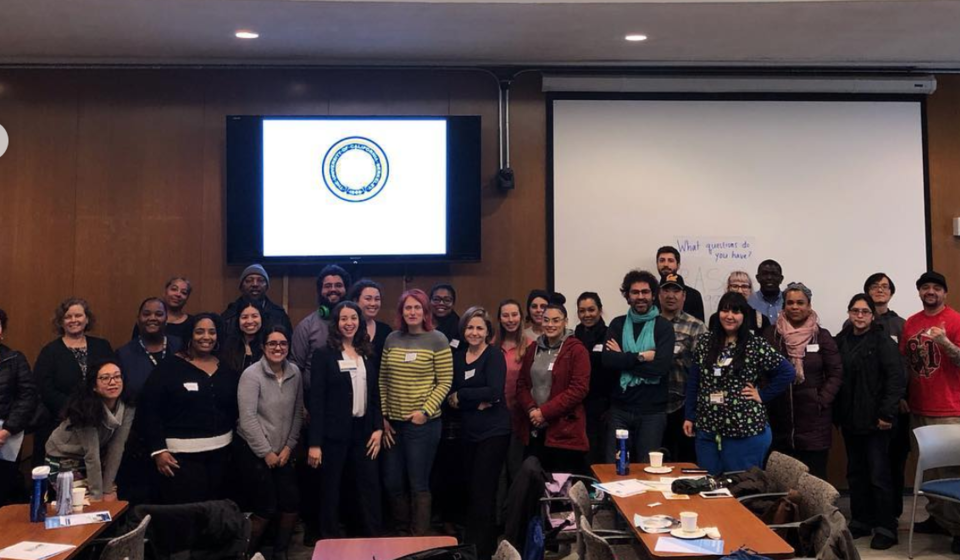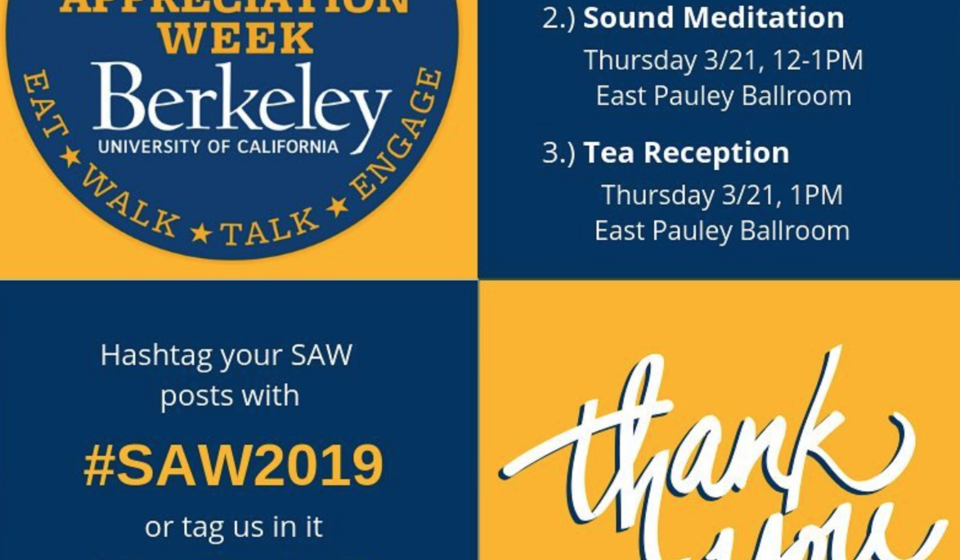What roles have you had throughout your time at Berkeley?
Coordinator, The Green Initiative Fund and Sustainability Initiatives
Director, Student Environmental Resource Center
You held an interim role after your supervisor left. Not everyone goes from interim to permanent. What factors do you think helped you go from an interim role to a permanent one?
One major factor was having a good supervisor who genuinely cared and invested in my professional growth and my ability to lead the organization after they left. I was given a first-hand experience through their openness and transparency on what their day-to-day was like, and was given several leadership opportunities to help support the programmatic and operational services SERC provides for students.That all helped me prepare for the interim role, and when I served in the interim role for over a year, I then already had direct experience with leading the organization. I also worked hard, especially when I was put in the interim role. Women, especially women of color, have to work twice as hard and I put in a lot of love, hours, and commitment to our work and to students within the community we serve.
What challenges did you face when going from interim to permanent and how did you overcome them?
I think the biggest challenge was going through my job interview for the position. Up until that point, I felt pretty confident in my capabilities, leadership, and vision for SERC. I had a clear idea on my role, responsibilities, and expectations and even felt empowered to make changes and decisions on behalf of the org for the last year. But, when it came time to actually interview for the job, I went through my own personal challenges and dealt with “imposter syndrome”. For the first time, I started to really question my capabilities and strengths. What helped me was remembering all that I had accomplished in the time I served as interim (and before the interim role), my vision and goals for SERC that I wanted to execute as the permanent director, and all of the amazing support I received from students and colleagues.
How would you recommend people seek new projects if they don’t naturally have the opportunity to work on a variety of matters?
There are so many ways to get involved both on and off-campus. I’m a huge fan of not creating anything new, and seeing if there is an already existing organization you can get connected with that meets your interests or passion. There are dozens of berkeley staff organizations, as well as community organizations you could get involved with off-campus. On-campus, I am an on the Chancellor's Advisory Committee on Sustainability (CACS). Off-campus, I represent UC Berkeley on the Berkeley Climate Action Coalition. In my personal time, I serve as a board member for a national vegan food justice non-profit organization, Food Empowerment Project.
You made the jump from non-supervisor of full-time staff to becoming one. What would you recommend people do if they’ve never managed full-time staff but want to become a supervisor?
Over the last six years, I’ve had an opportunity to supervise dozens of student staff and part-time staff, which helped me grow into my supervisory and leadership style, and I think helped me prepare to supervise full-time staff. I recommend that staff who might not supervise any staff at the moment, let their supervisor know that they are interested in this opportunity. I’ve seen peers get opportunities to supervise student staff or graduate students, that might not have had that happen, had they not asked for it!
Any final words of wisdom to staff looking to grow their careers at UC Berkeley?
Three things:
-
Connect with people and build relationships.
-
Be patient, but don’t be a pushover.
-
You matter, and the work you do matters.
If you’d like to advance your career with today’s methods read about the corporate lattice model- here.
Know someone (including yourself!) who has changed jobs at Berkeley? E-mail us at wisdomcafe@berkeley.edu to be featured.








